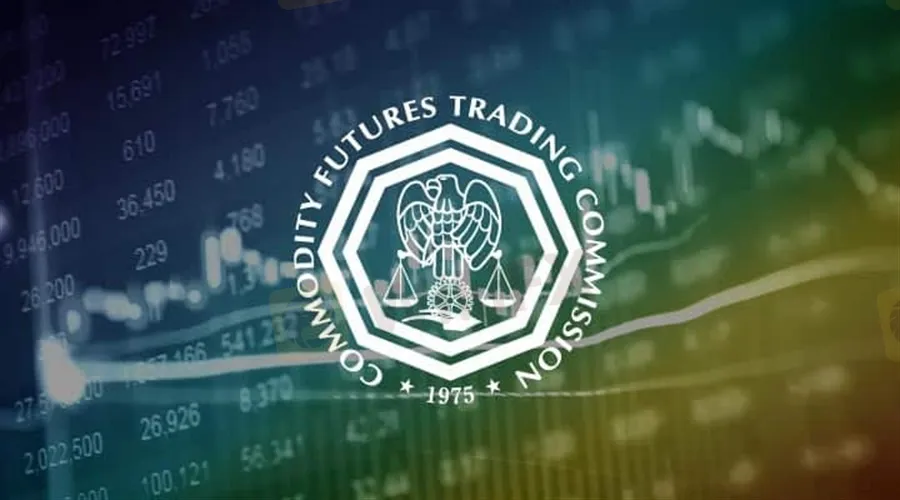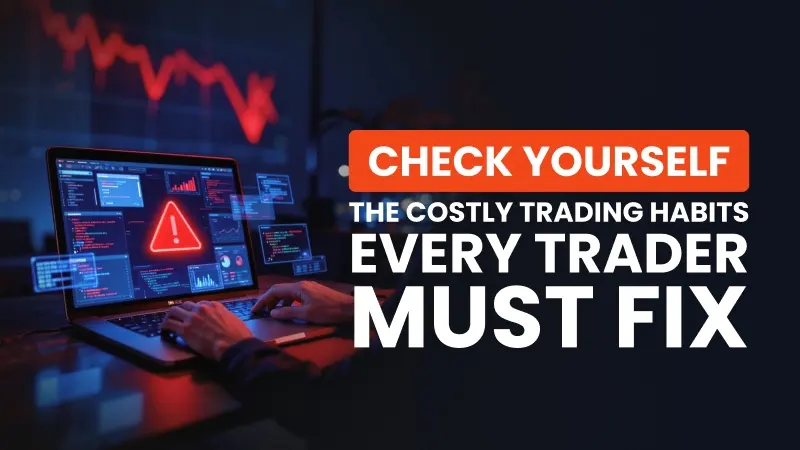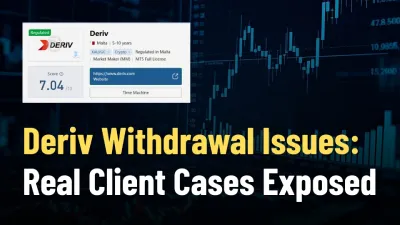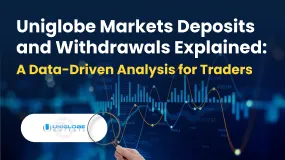简体中文
繁體中文
English
Pусский
日本語
ภาษาไทย
Tiếng Việt
Bahasa Indonesia
Español
हिन्दी
Filippiiniläinen
Français
Deutsch
Português
Türkçe
한국어
العربية
US Federal Court Orders Trader to Pay Manipulative Scheme Penalties
Abstract:Final judgments and consent orders have been issued against James Vorley and Cedric Chanu.

A civil monetary penalty of $150,000 is imposed on each defendant.
The US Commodity Futures Trading Commission ( CFTC ) announced on Thursday that a judge of the US District Court for the Northern District of Illinois imposed trading bans on commodity traders and ordered them to pay penalties for engaging in a manipulative scheme.
According to the press release, Judge Steven C. Seeger issued final judgments and consent orders against James Vorley and Cedric Chanu, former precious metals traders, for spoofing and engaging in a deceptive or manipulative scheme.
Each defendant faces a civil monetary penalty of $150,000 and a five-year ban from trading with any registered entity or registering with the CFTC in any capacity, as well as an order to cease and desist from violating the CEA, as alleged, where the CME Group collaborated in the investigation.
What Happened?
The orders reveal that, as of July 2011, Vorley and Chanu employed at Bank A, placed orders for gold, silver, platinum, or palladium futures contracts they wanted to be filled (genuine orders) and simultaneously entered orders on the other side of the market for the same contract that they intended to cancel before execution (spoof orders).
By placing the spoof orders, Vorley and Chanu intentionally or recklessly sent market participants signals of greater supply or demand to create the impression that the price would move up or down and trick market participants into executing orders that they placed on the opposite side of the market.
“This enforcement action demonstrates the CFTCs commitment to aggressively pursuing individuals who spoof in our markets. As this case shows, we will continue to work vigorously to hold individuals accountable, and not just the companies that employ them, for misconduct in our markets,” Vincent McGonagle, CFTC Acting Director of Enforcement, pointed out.
Recently, the CFTC filed a civil enforcement action to charge four operators for running a $44 million Bitcoin Ponzi scheme. Dwayne Golden of Florida, Jatin Patel of India, Marquis Egerton of North Carolina and Gregory Aggesen of New York were charged with fraud for operating Ponzi schemes involvingBitcoin, for fraudulently soliciting more than $44 million of investments, and for misappropriating millions of dollars.

Disclaimer:
The views in this article only represent the author's personal views, and do not constitute investment advice on this platform. This platform does not guarantee the accuracy, completeness and timeliness of the information in the article, and will not be liable for any loss caused by the use of or reliance on the information in the article.
Read more

Check Yourself: The Costly Trading Habits Every Trader Must Fix
Are the trading habits you barely notice the very ones quietly destroying your profits, and could a single overlooked mistake be costing you far more than you realise?

Scandinavian Capital Markets Exposed: Traders Cry Foul Play Over Trade Manipulation & Fund Scams
Does Scandinavian Capital Markets stipulate heavy margin requirements to keep you out of positions? Have you been deceived by their price manipulation tactic? Have you lost all your investments as the broker did not have risk management in place? Were you persuaded to bet on too risky and scam-ridden instruments by the broker officials? These are some burning issues traders face here. In this Scandinavian Capital Markets review guide, we have discussed these issues. Read on to explore them.

Deriv Withdrawal Issues: Real Client Cases Exposed
Deriv exposed via client cases of withdrawal issues, 13‑month refund delays, severe slippage, and disabled accounts despite multiple “regulated” licenses.

Uniglobe Markets Deposits and Withdrawals Explained: A Data-Driven Analysis for Traders
For any experienced trader, the integrity of a broker isn't just measured in pips and spreads; it's fundamentally defined by the reliability and transparency of its financial operations. The ability to deposit and, more importantly, withdraw capital seamlessly is the bedrock of trust between a trader and their brokerage. When this process is fraught with delays, ambiguity, or outright failure, it undermines the entire trading relationship. This in-depth analysis focuses on Uniglobe Markets, a broker that has been operational for 5-10 years and presents itself as a world-class trading partner. We will move beyond the marketing claims to scrutinize the realities of its funding mechanisms. By examining available data on Uniglobe Markets deposits and withdrawals, we aim to provide a clear, evidence-based picture for traders evaluating this broker for long-term engagement. Our investigation will be anchored primarily in verified records and user exposure reports to explain the Uniglobe Mar
WikiFX Broker
Latest News
CFTC Polymarket Approval Signals U.S. Relaunch 2025
MH Markets Commission Fees and Spreads Analysis: A Data-Driven Breakdown for Traders
Alpha FX Allegations: Traders Claim Account Blocks, Withdrawal Denials and Security Breaches
How to Become a Profitable Forex Trader in Pakistan in 2025
Gratitude Beyond Borders: WikiFX Thank You This Thanksgiving
KEY TO MARKETS Review: Are Traders Facing Withdrawal Delays, Deposit Issues & Trade Manipulation?
FCA Consumer Warning – FCA Warning List 2025
Zipphy Exposed: No Valid Regulation, Risk Warning
Australia’s Fraud-Intel Network Exposes $60M in Scams
RM104.9 Million Gone: Why Hundreds Are Demanding a Full MACC Investigation
Currency Calculator



